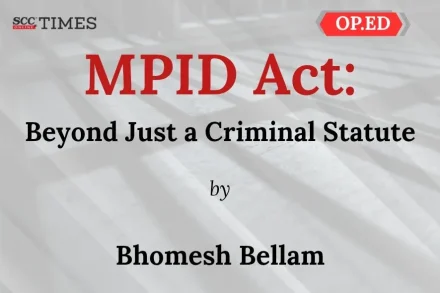
MPID Act: Beyond Just a Criminal Statute
by Bhomesh Bellam*

by Bhomesh Bellam*
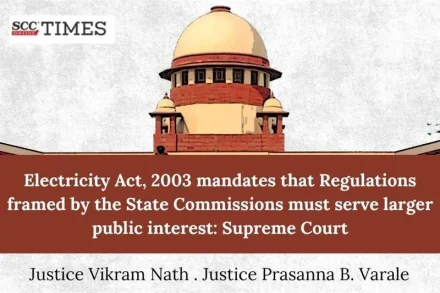
“The Electricity Act, 2003 envisions a structured and fair mechanism for open access while ensuring that market participants do not engage in practices detrimental to the larger consumer base”.
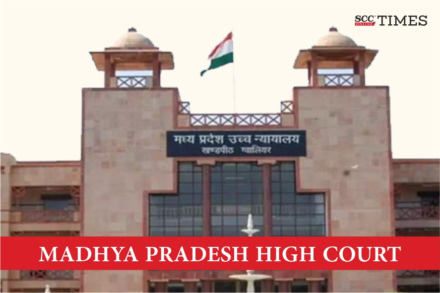
“Section 154(5) of the Electricity Act, 2003 gives exclusive jurisdiction to the Special Court to determine civil liability in electricity theft cases.”
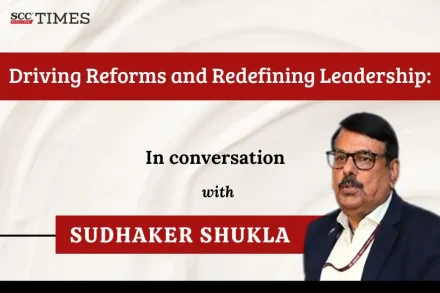
Interviewed by Nitya Nandan Garg
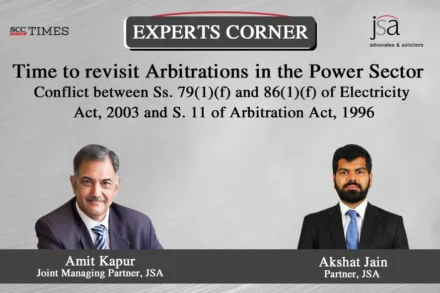
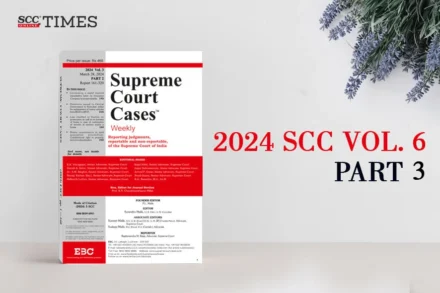
Arbitration and Conciliation Act, 1996 — Ss. 8 and 11 — Arbitrability of dispute — Determination of — Reference to arbitration for
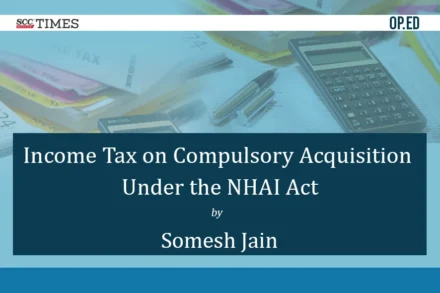
by Somesh Jain*

“Even assuming the recorded consumption to be lesser than the average computed consumption of electricity, it can at best raise a doubt against the respondent; it cannot act as a proof beyond reasonable doubt to hold that the respondent has dishonestly tampered with the meter.”

Allahabad High Court clarified that if the decree of eviction is set aside, recalled, or stayed, the tenants may remain entitled to apply for connection in accordance with law.
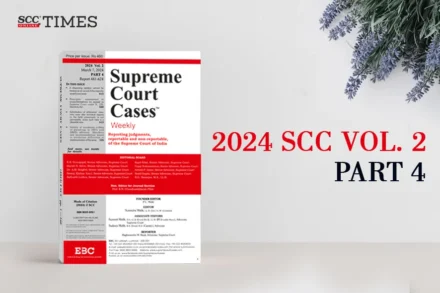
M.P. Municipal Corporation Act, 1956 (23 of 1956) — S. 132(6)(l) — Tax on advertisement: Law clarified on requisites for levy of
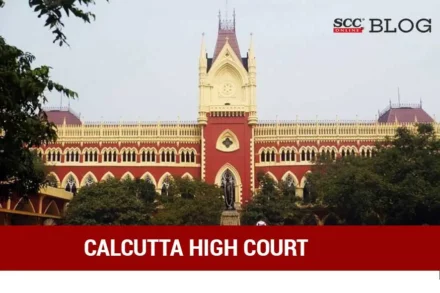
“A decision-maker is insisted on recording reason in support of his decision to ensure transparency in decision-making process. When any order is subject to appeal or amenable to judicial review, then such order must be reasoned and speaking order.”
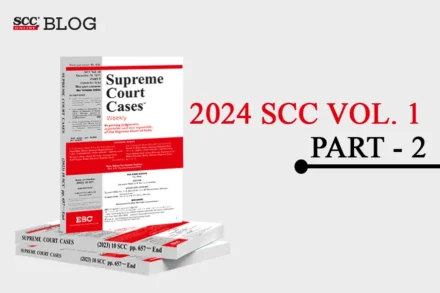
Reservation, Concession, Exemption, Relaxation and Affirmative Action — Caste/Tribe Certificate: Matters to be considered while determining whether cancellation of caste certification is

In Southern Electricity Supply Co. of Orissa Ltd. v. Sri Seetaram Rice Mill, (2012) 2 SCC 108, Supreme Court held that where a consumer has used excessive load as against the installed load simpliciter and there is violation of the terms and conditions of supply, then, the case would fall under Section 126 of Electricity Act, 2003.
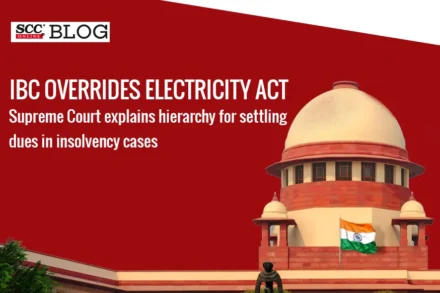
In the case at hand, PVVNL had argued that the rights of electricity suppliers were not subordinate and subject to the ‘priority of claims’ mechanism under the IBC.
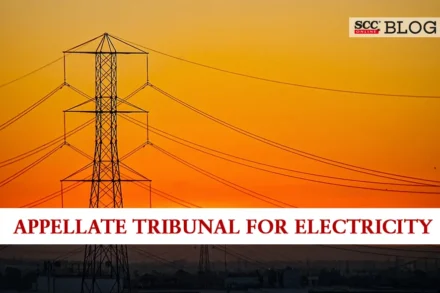
The Tribunal regarded the hike in violation of Section 61(d) of the Electricity Act, 2003 and against the larger public interest, which is one of the critical factors to be taken into consideration in deciding whether to grant interim relief.
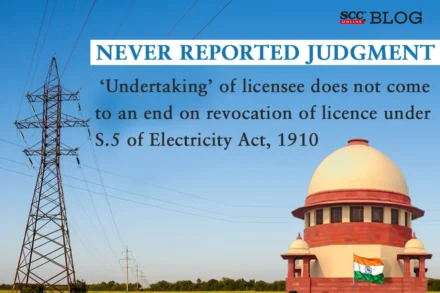
This report covers the Supreme Court’s Never Reported Judgment, dating back to the year 1950, on Section 5 of the Electricity Act, 1910.
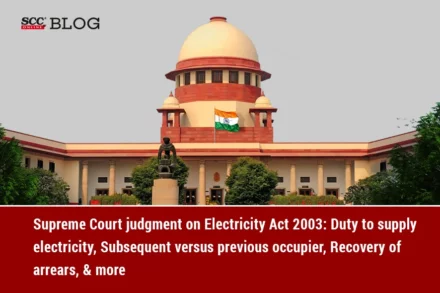
The ruling came in a batch of cases where new owners of properties, purchased in auction sales, have been denied electricity connections due to the previous owners’ failure to pay their electricity dues.
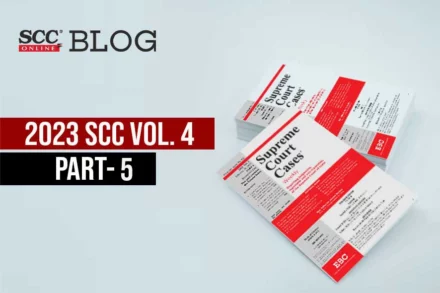
Civil Procedure Code, 1908 — Or. 9 R. 13 r/w S. 17 of the Provincial Small Cause Courts Act, 1887 — Ex
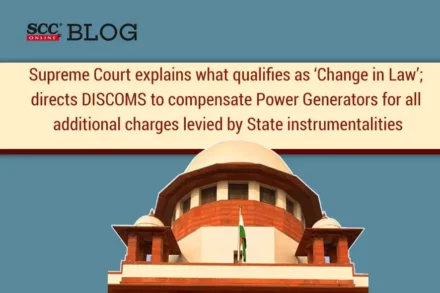
Supreme Court has requested the Union of India along with Ministry of Power to evolve a mechanism so as to ensure timely payment by the DISCOMS to the Generating Companies, which would avoid huge carrying cost to be passed over to the end consumers.
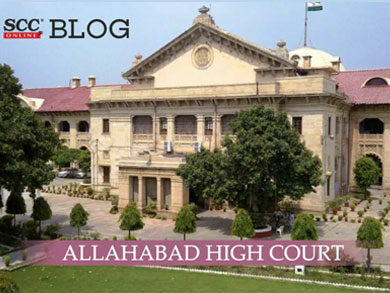
The Right of speedy trial is a fundamental right, and its violation causes prejudice even to the accused person